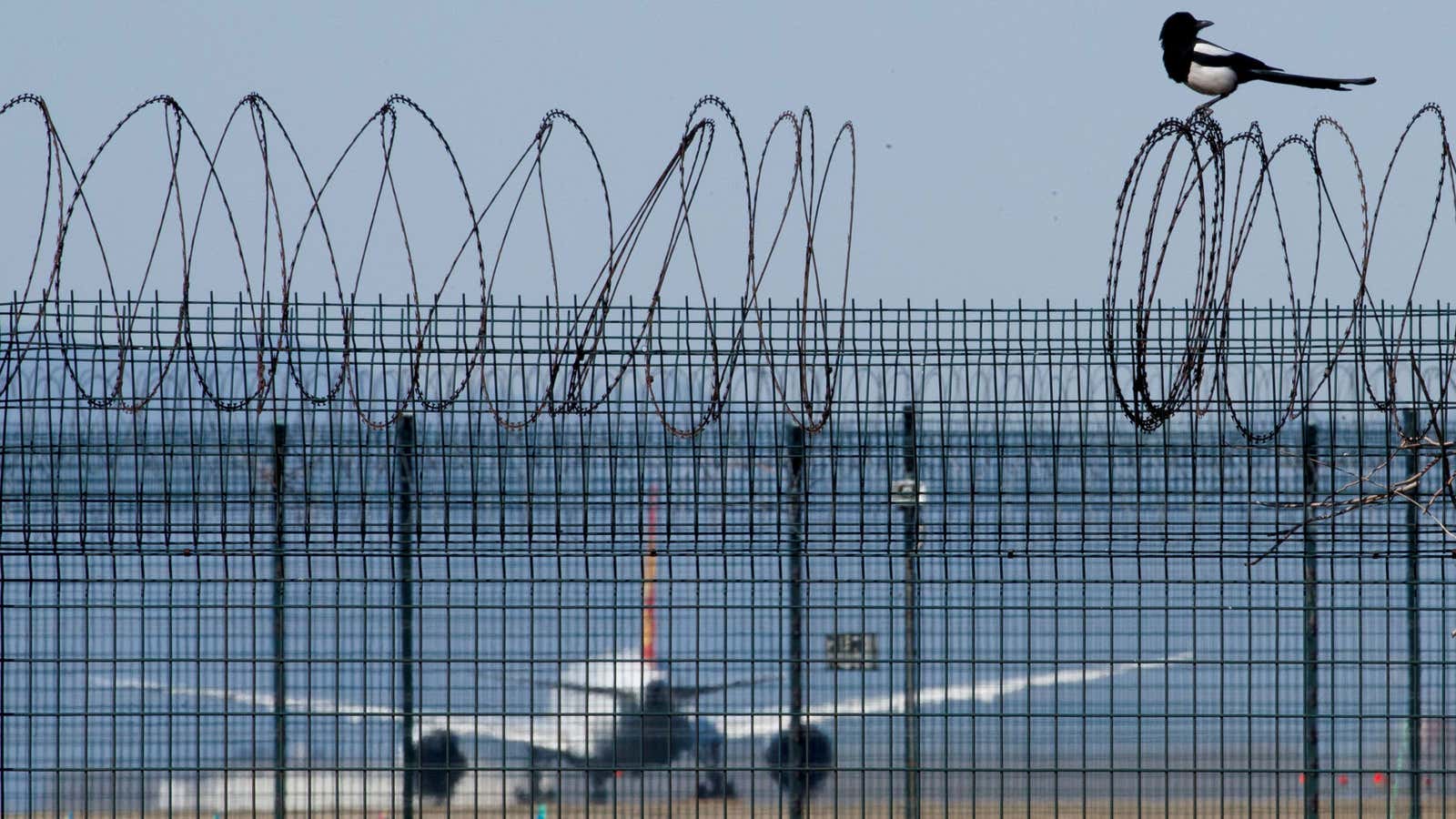US companies hire large numbers of newly-graduated international students into the workforce every summer. This year is more complicated. Many foreign students went back to their home country with campuses closed and classes moved online. Not all of them will be able to return to the US. Unless there’s a change in policy, many will lose their eligibility to easily work in the US.
Generally, the US allows students to stay in the country and work for 12 months after graduation under a program called Optional Practical Training (OPT). Graduates from science, technology, engineering, or mathematics programs get 36 months. More than half of foreign graduates with OPT studied in these fields.
Over 150,000 foreign graduates joined the US workforce last year under the OPT program.
To participate, students must file OPT applications from inside the US and do so during the 120-day period starting 90 days before their graduation. After US president Donald Trump declared Covid-19 a national emergency on March 13, universities rushed to close their campuses. Many international students have left the country since. Unless the US government changes its rule, students who didn’t file for OPT before leaving the US won’t be authorized to work in the US this summer. Unpaid summer internships that don’t earn course credit require OPT approval, too.
In 2019, most applications were submitted in February, March, and April, according to Trackitt, an immigration-case tracking website.
The Department of Homeland Security (DHS) relaxed rules to allow students taking online classes outside the US to maintain their student visas. It hasn’t offered the same type of flexibility for soon-to-be graduates seeking employment. Nafsa, an association of international educators, asked DHS to expand the OPT filing window and let students to file applications from outside the US. DHS says it’s “evaluating these issues and may offer additional guidance.”
Covid-19 is leaving a large share of the US workforce jobless, but tech and consulting firms continue to hire. “Qualcomm uses our internship program as a pipeline for hiring and we are hiring quite heavily right now, so we don’t want to stop that pipeline,” Clare Conley, a spokeswoman for the company, told Quartz.
Xiran Sun is a student seeing her career changing because of the combination of Covid-19 and unchanged visa rules. She was on track to graduate from Cornell’s information science program in the spring. She had a job offer to join Goldman Sachs as an analyst. Sun was in China for Cornell’s winter break when Covid-19 shuttered the country. The US’s embassy and consulates closed. She wasn’t able to return to campus. Cornell advised her to suspend her study for a semester. Goldman extended her offer to start in December. But the gap in her study disqualified her from getting an OPT approval, according to the current rules. Sun is now taking an internship in Beijing at ByteDance, the owner of TikTok.
The US’s biggest employers of foreign graduates are multinational tech and consulting companies. They are experiencing the loss of prospective hires like Sun and adjusting their hiring practices to retain them.
Amazon is preparing for its largest class of globally distributed interns this summer, and together with Qualcomm, Google, Microsoft, and Intel, they have all moved their internship programs online. Microsoft is creating a virtual internship experience for over 4,000 students. Google will host online networking events and mentor sessions. Both Amazon and Qualcomm told Quartz that they are working with intern candidates and new hires impacted by travel restrictions based on their individual situations.
